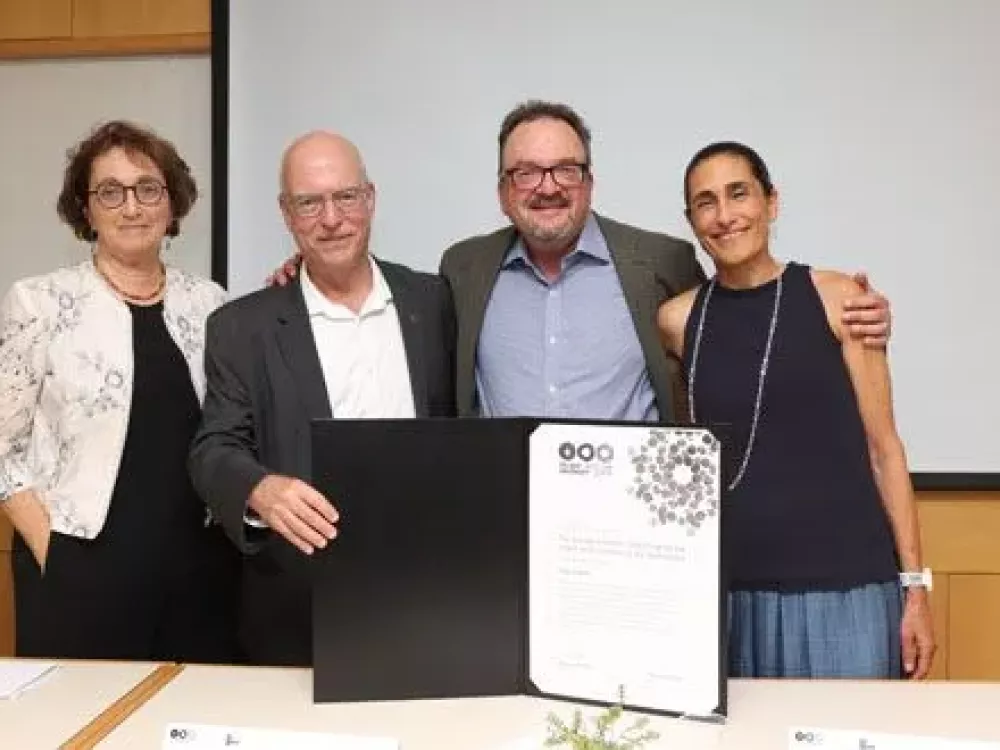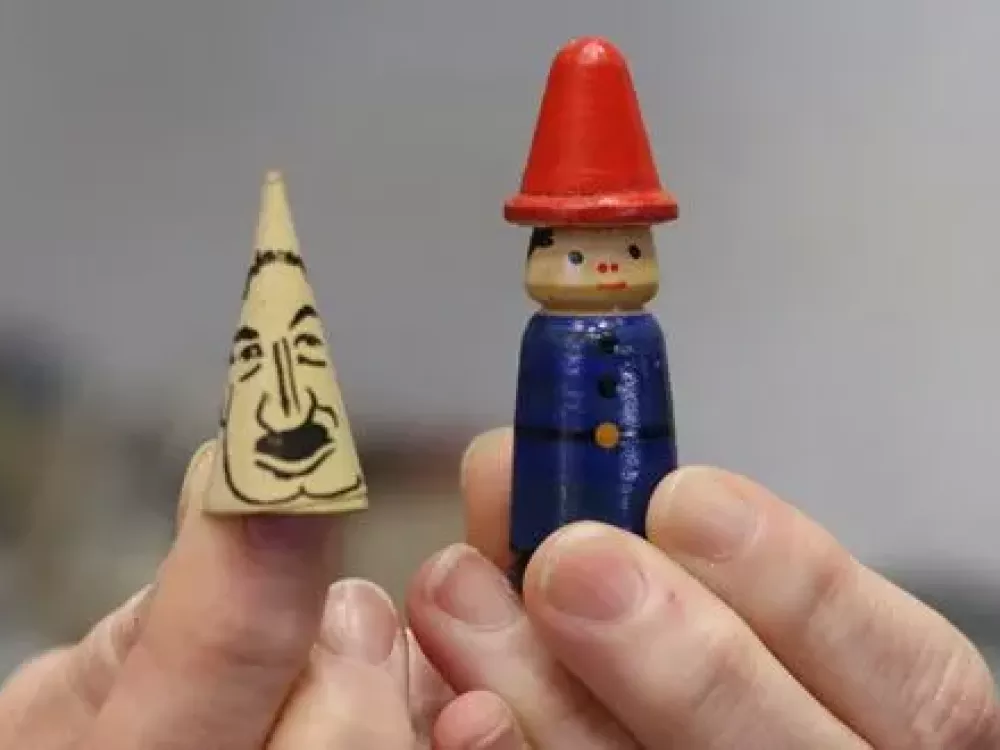
How Does Science Make Us Fall in Love?
From ancient spells to smelling like other animals, the lengths we go to for love have always been remarkable.
Are you the sort of person who plans their Valentine’s Day weeks or months in advance with their partner, or the sort who wakes up on February 14th and scrambles up a plan? Either way, It’s hard to imagine that you’ve never heard of this holiday before, which started out as a Christian religious celebration of Saint Valentinus and morphed into the world’s international Day of Love celebration.
But of course, love isn’t a modern invention, and while a major holiday to celebrate being in a relationship didn’t always exist in every culture, the desire to make the people we love pay attention to us and return our affections has always been part of humanity. In fact, according to Prof. Gideon Bohak of the Department of Jewish Philosophy and the Talmud at The Lester and Sally Entin Faculty of Humanities, people were creating love spells 1,500 years ago that are still, amazingly, in use today.
I Put A Spell On You
Prof. Bohak studies ancient Jewish magic and sorcery and claims that “the relationship between love and magic is ancient, and Jewish magic has a lot to say about relationships between two individuals. For example, archeological digs at the ruins of Rimon, next to Kibbutz Lahav, uncovered pottery pieces with an inscription adjuring six angels to set R.’s heart on fire so she would fall in love with A” (unfortunately, the names of R. and A. were not fully preserved).
But not only were people trying to get their crush to notice them back then, according to Prof. Bohak: “while these pieces of pottery were created in the 5th or 6th century CE, they were based on a “recipe” that continued to be in use by people who engage in “practical Kabbalah” until the modern era. These pieces of clay and the recipe itself are evidence of the continuation of Jewish magic from ancient times until this very day”.

The Scent of Passion
Thinking of getting that special someone a bottle of perfume to show your love? It turns out that smell is a means by which humans, like other animals, can manipulate those around them. Prof. Mel Rosenberg from the Department for Human Molecular Genetics and Biochemistry at the Sackler Faculty of Medicine studies body chemistry, pheromones and our reactions to body odor.
“Why are we attracted to the smell of flowers, which are nothing more than a kind of plant? I don’t know”, Prof. Rosenberg says. “But it’s interesting that we don’t just like those flowery smells, but also the smells of certain animals. For example, there are the musk deer, whose genitals were used to create a pleasant smell that was considered attractive to humans. Today hunting the musk deer is illegal, of course, but we produce the same smell synthetically, in perfumes”.
“Why are we willing to pay so much money for a tiny bottle of perfume? Because perfume ‘creates a great lie’. Each one of us has a unique odor. If we don’t like the smell of a person, then it hurts the relationship. On the contrary, if we find a potential mate’s odor compatible then this has a positive effect on the attraction. Perfume lets us fool our partner. Instead of smelling us, they smell Coco Chanel or Tommy Hilfiger. And then, before you know it, you’re married before the truth comes out”.
It’s likely that most people already get a real sense of their partner’s scent before committing to marriage, Yet Professor Rosenberg’s insight suggests that this act may hold a similar significance to a modern-day enchantment.
Have you ever thought of casting a magic love spell on someone? Or is the kind of “deception” that comes in a small, fancy bottle enough for you? Whatever the case, it’s clear that Valentine’s Day is here to stay, since us humans aren’t giving up on romancing any time soon.
Related posts




Tel Aviv University Introduces Tuition-Free Teaching Certificate Program

Empowering Israeli-Arab Students in Humanities

New Exhibition at the Wiener Library Features “Jews out!” – a Children’s Board Game from Nazi Germany

Surprising the Pope with The Artwork ‘Jesus from the Soil of the Holy Land’


